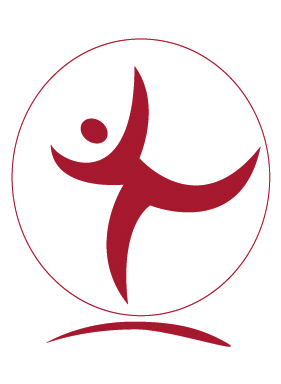Select an item by clicking its checkbox

Teaching Faith and Diversity: How a Jesuit University Approaches Conflicting Religious Traditions in Islam and Christianity
Proposal abstract :
Support for a project to focus on the following goals: 1) Develop an enhanced model of teaching religion that includes rhetorical training, providing Fairfield undergraduates with the experience and the tools to engage in religious dialogue focused on different social issues; 2) Research and evaluate the teaching methodology used for the designated classes and adapt the system for other courses that deal with difficult issues; and 3) Guide and engage students in discovering relationships between academic disciplines that have different methods of inquiry and different bodies of knowledge essential to the holistic Jesuit approach to humanistic-based higher education.
Learning Abstract :
Fairfield University set out to understand how a Jesuit university, rooted in a specific Christian tradition, could teach students how to enter into difficult conversations with Islamic believers, while maintaining their own core beliefs. Fairfield's Center for Faith and Public Life took the lead on facilitating this work engaging broadly with students, faculty, Campus Ministry, and Student Services.
Their efforts to engage participants in inter-religious and inter-cultural dialogue took shape through various formats and in different settings. Cluster courses, guest speakers, the Axis of Evil Comedy Tour, and the Interfaith Youth Core student/faculty workshops all provided an array of learning experiences for members of the campus community. Additionally, a student learning outcomes rubric was developed for the cluster course and the workshop which provided important data on these learning experiences.
An unanticipated outcome of this project was the formation of two student led programs including a Fairfield University Chapter of the Muslim Student Association and the Student Living and Learning Community on Interfaith Religious Literacy. They were especially enthusiastic about this development because it provides tangible evidence that students have taken ownership of the topic and are working in creative ways to continue to realize an enhanced interfaith dialogue on campus.
Support for a project to focus on the following goals: 1) Develop an enhanced model of teaching religion that includes rhetorical training, providing Fairfield undergraduates with the experience and the tools to engage in religious dialogue focused on different social issues; 2) Research and evaluate the teaching methodology used for the designated classes and adapt the system for other courses that deal with difficult issues; and 3) Guide and engage students in discovering relationships between academic disciplines that have different methods of inquiry and different bodies of knowledge essential to the holistic Jesuit approach to humanistic-based higher education.
Learning Abstract :
Fairfield University set out to understand how a Jesuit university, rooted in a specific Christian tradition, could teach students how to enter into difficult conversations with Islamic believers, while maintaining their own core beliefs. Fairfield's Center for Faith and Public Life took the lead on facilitating this work engaging broadly with students, faculty, Campus Ministry, and Student Services.
Their efforts to engage participants in inter-religious and inter-cultural dialogue took shape through various formats and in different settings. Cluster courses, guest speakers, the Axis of Evil Comedy Tour, and the Interfaith Youth Core student/faculty workshops all provided an array of learning experiences for members of the campus community. Additionally, a student learning outcomes rubric was developed for the cluster course and the workshop which provided important data on these learning experiences.
An unanticipated outcome of this project was the formation of two student led programs including a Fairfield University Chapter of the Muslim Student Association and the Student Living and Learning Community on Interfaith Religious Literacy. They were especially enthusiastic about this development because it provides tangible evidence that students have taken ownership of the topic and are working in creative ways to continue to realize an enhanced interfaith dialogue on campus.